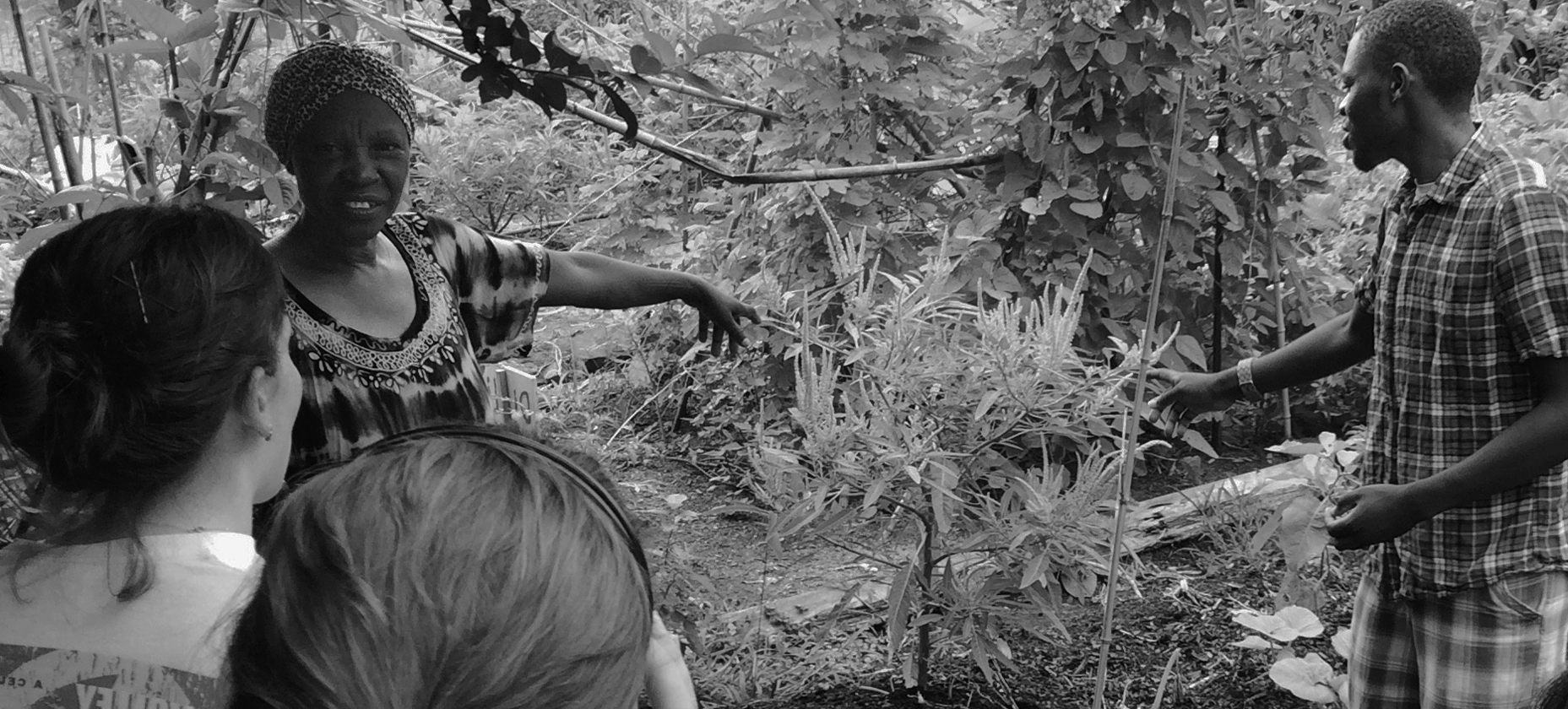
MOVE
Summer 2015 | Public Interest Design Studio | Green Gate Farms – Austin, TX
Public Interest Design Seminar: Kristine Stiphany
Project Team: Jeffery Elliott, Kristen Fulmer, Laney Gorman, Amy Grossman, Joyce Hanlon, Kara Holekamp, Andrew Horne, Andrew Kao, Hanqi Li, Shuo Li, Sean O’Brien, Alison Steele, Taylor Stumberg, Jordan Teitelbaum, Noah Winkler, Quan (Vanilla), Yin
In German the word “farmer” (bauer) and “builder” (baumeister) share the same origin. Modern farming and construction technique has blurred this connection in many ways, though cultivating the land and building human habitat still have something in common. With that in mind, the Public Interest Design students sought a poetic connection between this relationship of building and farming.
Like many cities, Austin grows less than one percent of the food it eats. Yet unlike many cities, Austin has thousands of acres of urban watershed land due to its extensive creek system; much of this is rich deltaic soil ideal for food production. But the City will not allow urban agriculture to take place on this land. Austin’s Office of Sustainability recently appointed a Food Policy Manager who challenges this notion and wants to promote food production on watershed land as a way to increase overall resilience for the City. As part of this resilience strategy, he intends to respond to several user groups who might potentially farm in floodplains: community garden groups, urban farmers, and WWOOFers who might live for a time close by their crops. To explore alternatives he turned to the School of Architecture for research and development of prototypical solutions to help him change the City’s policies in how floodplains might be used.
Taking this to heart by designing a prototype to test their ideas of a practical poiesis, the students needed farmers and a local urban farm on which to work. Green Gate Farms in East Austin supports the work of the Multicultural Refugee Coalition by letting recently relocated refugees new to the Austin area farm part of their land. Working closely with these two groups (and farming side-by-side several of the refugees) students learned from them before they began to design and ultimately build their working prototype.
Relying on flexibility through portability, students developed a mobile farm station that can be quickly buttoned-up and moved should an impending storm threaten flooding. Building on a donated chassis from Green Gate, students designed a structure that can be readily adapted for different needs. The chassis, a ventilated floor system and a steel frame to support the roof is the project’s fixed components. Storage areas, toilet and other components specific for this version were built in separate modules and set into the frame once they completed off-site. These can be readily reconfigured and changed programmatically as needed by different farming groups.
The structure’s sidewalls, made of perforated metal panels for shading and covered by structural polycarbonate sheeting to shed the water, fold up and down for shading and wind protection. When raised, these panels are supported by pressurized arms and can be closed quickly by hand-cranked wenches. A separate doorway is provided for interior access when the sidewalls are down.
Since the farm station in this configuration will be in a floodplain area far from toilet facilities, a compost toilet is included in this scheme. Secure storage for farm implements is included, along with a sink to wash vegetables and a hose sprayer for cleaning mud from boots. A fifty-five gallon on-board storage tank collects water from roof runoff and provides water for these. As a demonstration of more permanent lodging for potential WOOFers, the seating area folds up to become a platform for two sleeping bags. Cubbies, using recycled milk crates, provide separate storage units for refugee farmer’s personal belongings. The portable structure has its on leveling support system and is readily moved by light truck or tractor. When the farm station is in place, the recently relocated refugees will begin farming on Green Gates River Farm in the Colorado River floodplain.
A Center for Sustainable Development Booklet for the City of Austin Office of Sustainability outlines more information and can be viewed here.